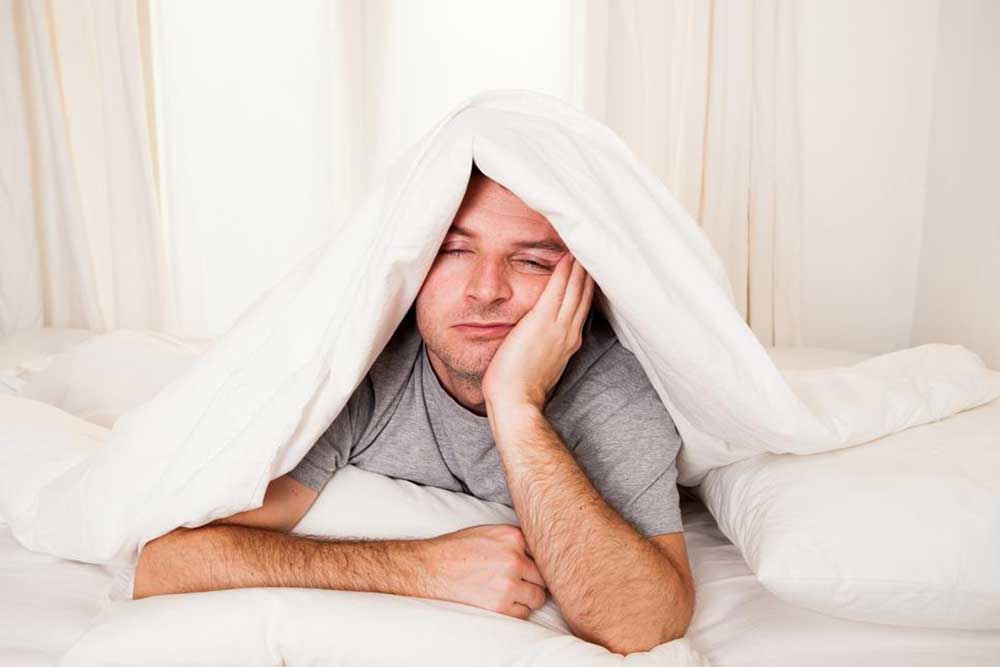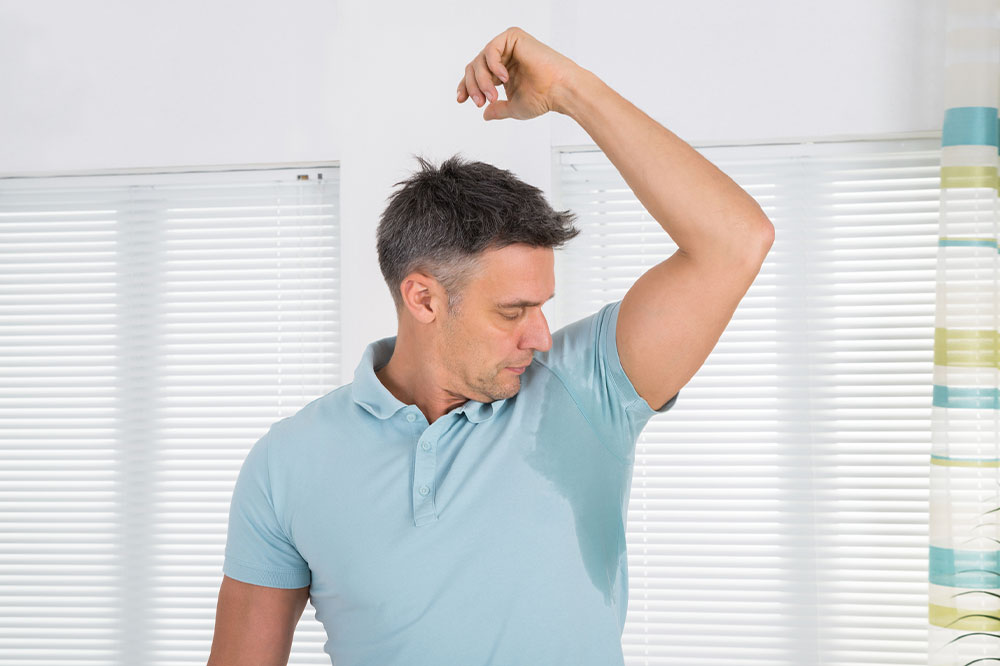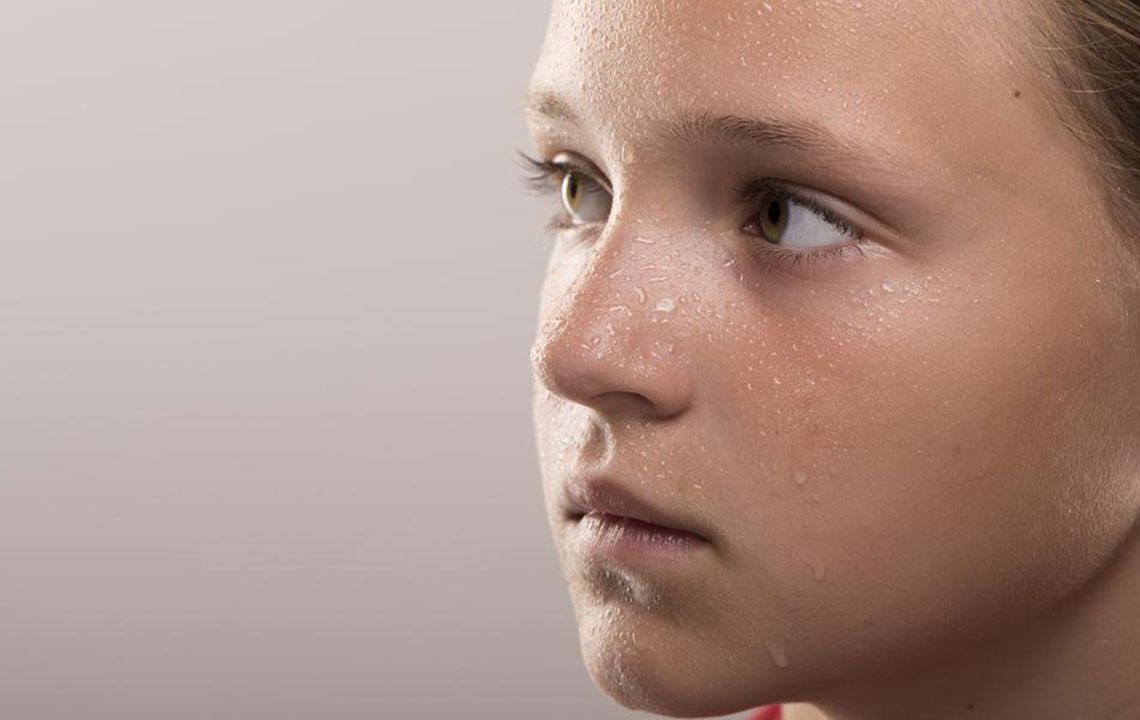Comprehensive Guide to Understanding and Managing Night Sweats in Men and Women
Night sweats, or hyperhidrosis during sleep, affect many individuals due to various underlying causes such as hormonal imbalances, infections, and chronic diseases. This comprehensive guide explores common triggers, diagnostic approaches, and practical management tips to help minimize symptoms and improve sleep quality. Whether caused by menopause, sleep apnea, or medications, understanding these factors enables better treatment and comfort during rest, ensuring a healthier, more restful life.

A Deep Dive into the Causes and Management of Night Sweats in Men and Women
Night sweats, medically known as hyperhidrosis when occurring during sleep, are characterized by episodes of excessive sweating that can soak sleepwear and bedding. These episodes are often symptomatic of underlying health issues that require attention. Night sweats do not discriminate between genders; both men and women can experience them, although the underlying causes and contributing factors can vary. Understanding the root causes of night sweats is crucial for effective management and improving sleep quality.
Night sweats typically affect both sides of the body symmetrically, and while they may seem benign, persistent episodes can significantly impact an individual's comfort and health. Often, individuals wake up soaked, find it difficult to cool down, or experience night-time awakenings due to discomfort. This guide explores the common causes, underlying health conditions, and practical strategies to manage night sweats effectively, ensuring better restful sleep and overall well-being.
Common Causes of Night Sweats
Many factors contribute to the occurrence of night sweats, and identifying these is key to appropriate treatment. Here are some of the most prevalent causes:
1. Hormonal Imbalances
Fluctuations in hormones widely influence body temperature regulation. Women undergoing menopause or those with conditions like oophorectomy often experience hot flashes and night sweats due to decreased estrogen levels. Similarly, hyperthyroidism, or an overactive thyroid, accelerates metabolism, leading to increased body heat and sweating episodes during sleep. Hormonal disorders such as pheochromocytoma or carcinoid syndrome can produce similar symptoms, often accompanied by flushing and rapid heartbeat.
2. Infections
Chronic infections are a significant cause of night sweats. Conditions like tuberculosis remain classic examples, where systemic infection triggers fever and sweating. Bacterial endocarditis, osteomyelitis, and other persistent infectious processes can also cause recurrent night sweats, often coupled with other symptoms such as fever, fatigue, and weight loss.
3. Chronic Diseases and Cancers
Certain chronic illnesses, especially hematologic cancers like lymphoma and leukemia, are well-known to manifest with night sweats. These episodes are often profuse, persistent, and sometimes occur without apparent causes. Detecting these symptoms early can lead to timely diagnosis and treatment, which is vital for positive outcomes.
4. Medications
It's noteworthy that some pharmaceuticals can induce night sweats. Common culprits include antidepressants, antipyretics like NSAIDs, corticosteroids, and certain blood pressure medications. Patients should consult healthcare providers to understand potential side effects and explore alternative therapies if necessary.
5. Sleep-Related Disorders
Conditions like sleep apnea, characterized by interrupted breathing during sleep, significantly increase the likelihood of night sweating. The body's response to oxygen deprivation involves sympathetic nervous system activation, leading to sweating episodes that can be quite intense. Managing sleep apnea with CPAP therapy or lifestyle modifications can substantially reduce night sweats.
6. Endocrine and Nervous System Disorders
Disorders such as autonomic neuropathy or neurological damage can impair the body's temperature regulation pathways, causing abnormal sweating patterns, including at night. Additionally, hyperhidrosis, a primary condition involving excessive sweating, might also affect sleep.
7. Psychological Factors and Stress
Mental health influences physical symptoms significantly. Stress, anxiety, and nightmares can activate the sympathetic nervous system, leading to sweating episodes during sleep. Addressing psychological stress through therapy, relaxation techniques, or medication can help manage this type of night sweat.
Practical Tips for Managing Night Sweats
While understanding causes is essential, implementing practical measures can help reduce the severity and frequency of night sweats:
Maintain a cool and comfortable bedroom environment using fans or air conditioning.
Wear loose, breathable, moisture-wicking sleepwear made from natural fabrics like cotton or bamboo.
Avoid spicy foods, caffeine, and alcohol before bedtime, as they can trigger hot flashes and sweating.
Stay hydrated throughout the day and have a light, healthy snack before bed if blood sugar fluctuations are suspected, particularly in diabetics.
Practice good sleep hygiene by establishing regular sleep routines and managing stress through relaxation techniques such as meditation or deep breathing exercises.
If night sweats persist, consult a healthcare provider for precise diagnosis and tailored treatment options. They may recommend blood tests, imaging studies, or referrals to specialists depending on the suspected cause.
In conclusion, night sweats are a common but often manageable condition. By understanding their underlying causes and adopting appropriate lifestyle and medical strategies, individuals can significantly improve their sleep quality and overall health. Persistent or severe night sweats should always prompt medical consultation to rule out serious underlying health issues.





